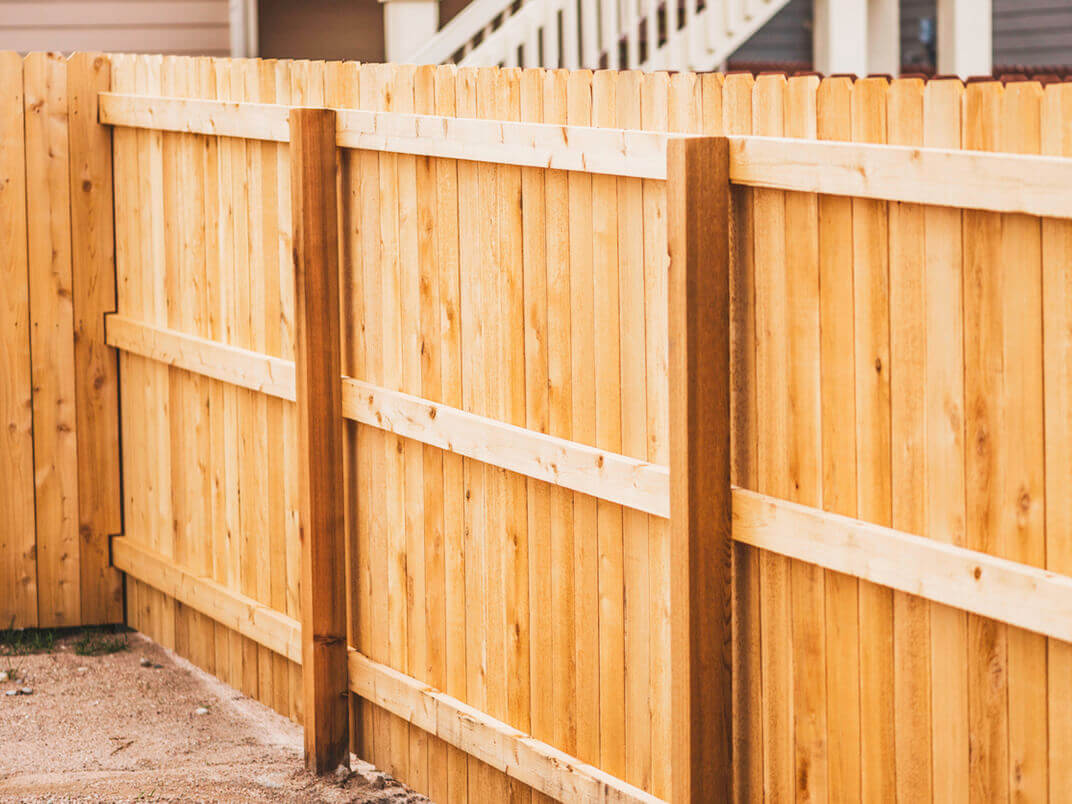All Categories
Featured

When it comes to selecting the ideal fencing material for toughness, wrought iron stands out as one of the most durable and reputable alternatives offered. Allow's take a more detailed look at wrought iron fencing and just how it stacks up versus alternatives like vinyl, light weight aluminum, and wood.
Toughness and Durability of Wrought Iron Fence. Wrought iron is a solid, heavy-duty material that's created to last for decades, if not longer. Unlike lots of other fencing options, wrought iron can withstand rough ecological problems, including extreme heat, hefty rain, and also solid winds. This makes it an exceptional selection for residential properties situated in locations with unforeseeable climate. Because it is a metal, wrought iron is not susceptible to the wear and tear that wood fences commonly experience, such as deteriorating, bending, or insect infestations.
Sturdiness: Wrought iron fencings are extremely hard and can endure effects and other types of physical tension that may harm other materials. When correctly preserved, they can last for half a century or more, making them an investment that will provide long-term worth.
Wrought Iron vs. Wood Secure fencing. Wooden fencings, while standard and aesthetically pleasing, usually require more maintenance and have a much shorter lifespan contrasted to wrought iron. Timber is at risk to rot, termites, and weathering with time, all of which can endanger its structural integrity. In enhancement, timber fences may require to be changed or fixed every 10 to 20 years, depending on the environment and the kind of timber made use of.
Maintenance: While timber fences need to be consistently treated with discolorations, sealants, or paints to preserve their appearance and long life, wrought iron fences typically call for a lot less upkeep. They might require occasional cleansing or painting to stop corrosion, especially in moist or coastal areas, but they will not struggle with the same types of degradation as timber.
Long life: While a well-maintained wood fence may last 20 to 30 years, wrought iron can go beyond that life-span by a number of years, making it a much more long lasting option in the future.
Wrought Iron vs. Plastic Secure fencing. Plastic fence has come to be a preferred alternative to wood due to its low upkeep and resistance to the elements. Unlike timber, vinyl does not rot or warp, and it doesn't require to be repainted or dealt with.
Resilience: While vinyl is rather durable and immune to rot and fading, it still can not match the long-term toughness and strength of wrought iron. A plastic fence may last around 20 to 30 years, depending on environmental elements, however it lacks the structural stability that functioned iron gives.
Maintenance: Vinyl requires marginal upkeep compared to wood, but it can still discolor over time, especially in locations with extreme sun direct exposure. Wrought iron might need periodic corrosion prevention treatments but normally calls for less treatments than vinyl.
Wrought Iron vs. Light Weight Aluminum Secure Fencing. Light weight aluminum is another steel option to functioned iron, and while it shares a few of the sturdiness attributes of wrought iron, it is typically less solid and durable. Aluminum is a lot more lightweight and immune to rust and deterioration, making it a prominent choice for low-maintenance secure fencing. It's not as solid as functioned iron and may be extra vulnerable to denting or flexing under stress.

Resilience: Wrought iron is substantially more powerful and a lot more sturdy than light weight aluminum. While aluminum fences can last for a number of decades, they may not hold up as well in high-traffic or high-impact areas. In contrast, functioned iron is much more immune to physical damages and can better endure pressure and force.
Upkeep: Both functioned iron and aluminum fencings call for some maintenance, mostly to stop corrosion. However, light weight aluminum is less likely to rust than wrought iron, making it an extra low-maintenance option in locations with high moisture or seaside salt exposure.
Last Ideas: Wrought Iron's Toughness Advantage. Wrought iron attracts attention as one of the most sturdy fencing materials offered, exceeding wood, plastic, and aluminum in terms of strength, long life, and total efficiency. While it does need occasional upkeep, particularly to avoid corrosion, its capability to stand up to extreme weather problems, physical anxiety, and the examination of time makes it an exceptional financial investment for house owners and services searching for a resilient, protected fence remedy.
For those that focus on toughness and long life above all else, functioned iron is an irresistible option. Whether you're safeguarding a property, boosting the look of your yard, or providing safety and security for a business website, wrought iron fencing will offer years of toughness and visual appeal that couple of other materials can match.
Latest Posts
Identifying When Your Car Needs Expert Auto Repair at Montclare Auto Repair
Published May 26, 25
1 min read
Join WyHy FCU – Top Benefits for Your Financial Future
Published May 25, 25
1 min read
Reliable Expenses Door Solutions for Houses and Organizations
Published May 24, 25
1 min read
More
Latest Posts
Identifying When Your Car Needs Expert Auto Repair at Montclare Auto Repair
Published May 26, 25
1 min read
Join WyHy FCU – Top Benefits for Your Financial Future
Published May 25, 25
1 min read
Reliable Expenses Door Solutions for Houses and Organizations
Published May 24, 25
1 min read